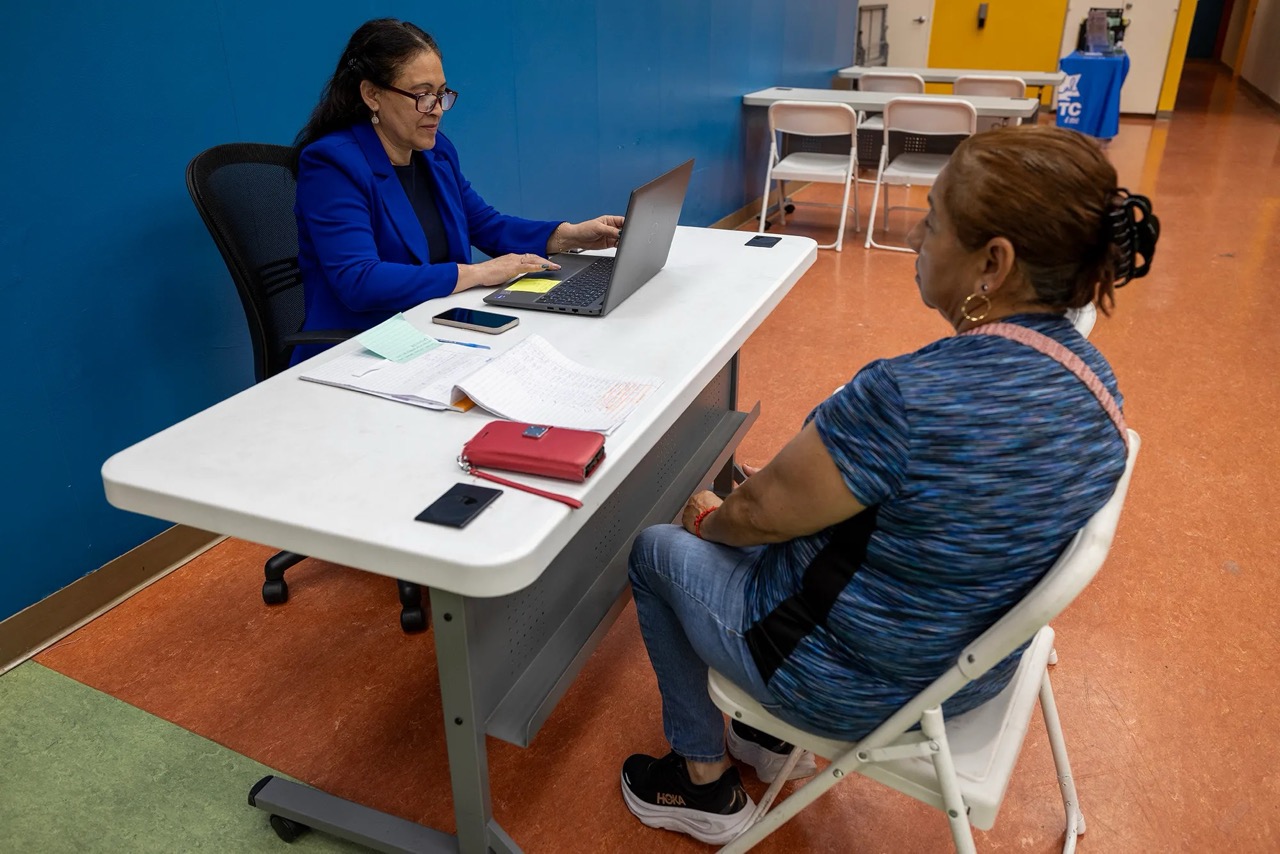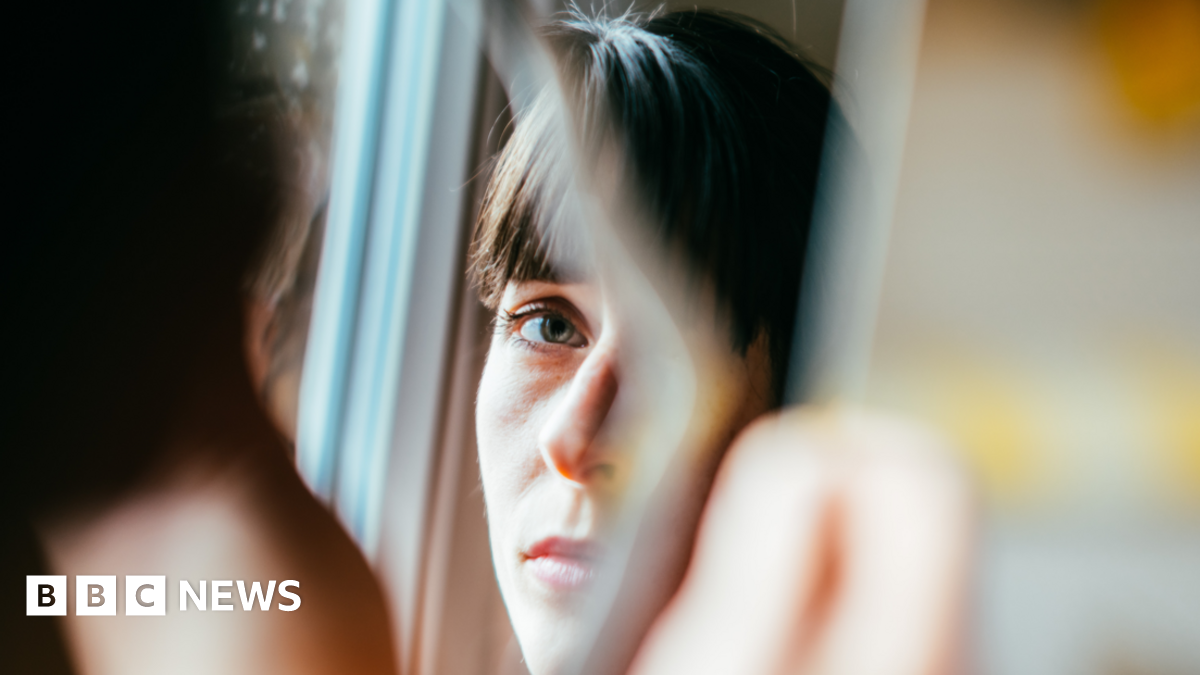PCOS & Your Wellbeing: Why It's More Than Just Hormones – It Impacts Your Mental Health Too

Polycystic Ovary Syndrome (PCOS) is a common hormonal condition affecting many women in New Zealand and worldwide. While we often focus on the physical symptoms – irregular periods, weight management challenges, and potential fertility issues – a crucial aspect often gets overlooked: the significant impact on mental wellbeing. It's time we shifted the conversation and acknowledged that PCOS isn't just a physical concern; it's a whole-body condition that can profoundly affect your mental health.
Beyond the Physical: The Mental Health Toll
Many Kiwis experiencing PCOS initially notice changes in their menstrual cycles – a telltale sign. However, the reality is that PCOS can trigger a cascade of mental and emotional challenges. Anxiety, depression, fatigue, and feelings of overwhelm are commonly reported alongside the physical symptoms. These aren't just coincidences; there's a strong biological link between hormonal imbalances and mental health.
The Science Behind the Struggle
The hormonal fluctuations associated with PCOS – particularly elevated androgens – can directly impact brain chemistry, influencing mood regulation. Insulin resistance, another common feature of PCOS, has also been linked to increased risk of depression. Furthermore, the constant worry about fertility, appearance, and long-term health complications can contribute to significant stress and anxiety.
Common Mental Health Challenges Faced by Women with PCOS:
- Anxiety: Constant worry about symptoms, fertility, and the future.
- Depression: Feelings of sadness, hopelessness, and loss of interest.
- Fatigue: Persistent tiredness that doesn't improve with rest.
- Body Image Issues: Concerns about weight gain, hair growth (hirsutism), and acne.
- Low Self-Esteem: Feeling inadequate or unattractive due to PCOS symptoms.
What Can You Do? Taking Control of Your Wellbeing
The good news is that you're not alone, and there are steps you can take to manage both the physical and mental aspects of PCOS. Here's a breakdown:
- Seek Medical Support: Talk to your GP or a specialist (gynaecologist, endocrinologist) about your PCOS and any mental health concerns. They can help with diagnosis, treatment options (medication, lifestyle changes), and referrals to mental health professionals.
- Prioritise Self-Care: This includes getting enough sleep, eating a healthy diet, and engaging in regular physical activity (even gentle exercise like walking can make a difference).
- Mindfulness & Relaxation Techniques: Practices like meditation, yoga, and deep breathing can help reduce stress and anxiety.
- Therapy: Cognitive Behavioral Therapy (CBT) and other forms of therapy can be incredibly helpful in managing anxiety, depression, and body image issues.
- Support Groups: Connecting with other women who understand what you're going through can provide invaluable support and reduce feelings of isolation. Look for PCOS support groups in your local area or online.
Looking Ahead: Breaking the Stigma
It's vital to destigmatise PCOS and create a culture of understanding and support. By acknowledging the mental health challenges associated with PCOS, we can empower women to seek help, prioritise their wellbeing, and live fulfilling lives. Don't suffer in silence – your mental health matters!






